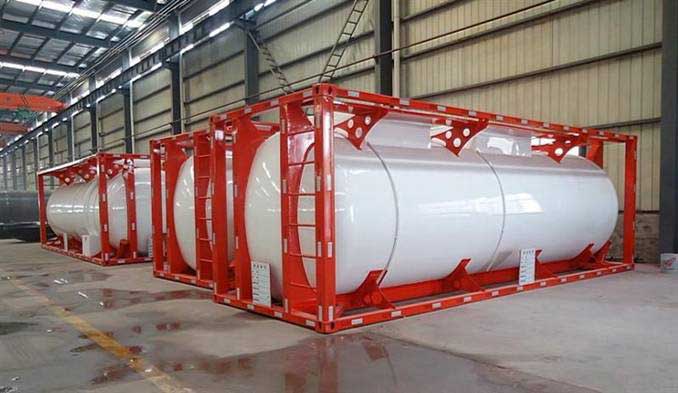Some points are value guarding they say, and you can disagree that the material market in the US is one of them, and the real history to back up that discussion is far and broad – confidence me. Still, there’s a distinction between guarding anything and protectionism. Ok therefore, let’s talk about that because the politics in the US in regards to such points will also be rather complicated and serious Here.
It appears we’re our personal worst enemy 75% of that time period, specially in regards to steel. We’ve damaged our mining market and made it jump through nearly impossible environmental hoops, the majority are way extraordinary and out of range in regards to metal ore. But inaddition it requires a particular sort of coal to produce material, and that coal originates from several areas wherever over regulation has built mining that coal fully unmanageable.
Now we’re concerned about foreign countries dropping material on our markets, often material which isn’t even close to your actual needs, mainly since our metal ore in the US is much more genuine, but additionally our standards in production are larger as well. Nothing new, we went through that before with China also. Reuters had an item lately justifying the tariffs we’ve placed on Asian material pipes imported to the US; ” U.S. Steel warns imports threatening tube industry,” by Matt Everyday posted on June 19, 2012. This article explained;
“Steel imports have got nearly 28% that year. U.S. Steel has been among the most oral in the industry in going to possible business violations, and DC has increased force on both China and India. It had determined that Indian businesses were offering rounded welded carbon-quality material tube in the US nearly 50% percent under good industry value. Inexpensive Asian material imports have attracted punitive responsibilities in the US. China built these US responsibilities the main topic of a business problem at the WTO.”
We ought to also talk about the grade of that material, and its long-term success rate from deterioration and rust in that debate. Still, inexpensive tube is a good thing. Probably we want fewer regulations here at house therefore we could contend face to face – and demand that other countries also implement similar constraints on coking coal soot and CO2 and should they won’t perhaps we have to add that cost in tariff and give that income to the gas and gasoline industry. That could solve the problem.
And a big problem it’s also, actually, as I was very nearly done with this particular report another threatening bit seemed in the exact same business magazine Steelmakers Gird for a Downturn by John W. Miller and Mathew Time on June 20, 2012 which offered a perfect storm – increased US regulations, increased worker prices (ObamaCare), slaughtering of the coking coal market, vanishing of Western material demand, and a slow development US economy with very little structure planning on as well as the Asian and Indian dropping of under cost steel.
Probably we have to purchase some innovation for the old industries to keep them clear, and at an inexpensive, not only new high-tech (perceived eco-friendly) industries – next perhaps, just perhaps we have to look at the unintended consequences of approaching our key offer restaurants from natural components forward with ridiculous over regulation.
